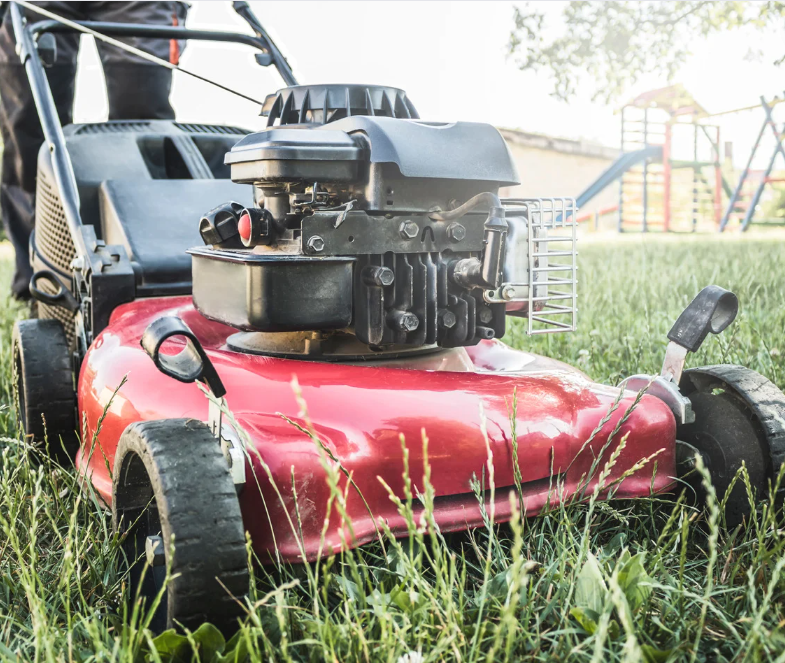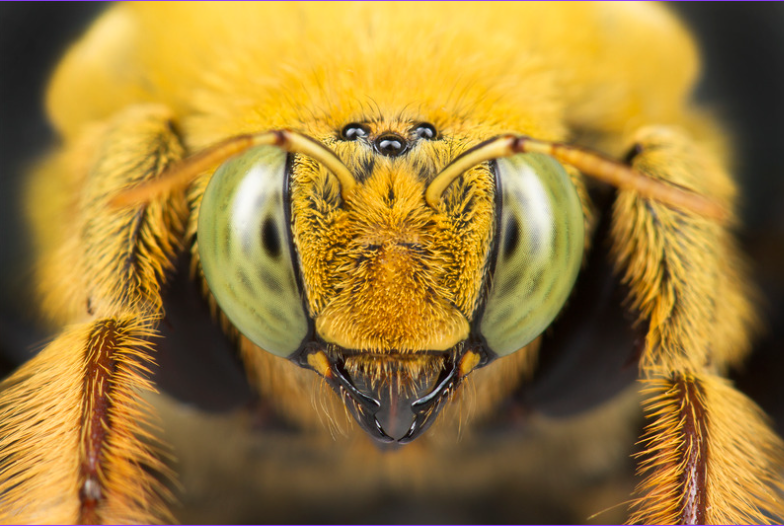Pediatric News You Can Use: Lawnmower and Insect Safety
With midsummer upon us, we want to share some essential backyard tips and eye-opening stats on lawn mowing and insect safety from trusted and reliable sources to help keep parents, caregivers, and kids safe while outside this summer.
Children and Lawnmower Safety
With lawnmowing season in full swing, we want to share some important lawnmower safety information with our patients and families. Every mowing season, emergency rooms see the results of injuries caused by power lawnmowers, many of which lead to painful injuries and can even result in the amputation of limbs, and loss of fingers, toes, and eyes.
Below are just a few recommendations from UPMC Children's Hospital of Pittsburgh to help protect children from lawnmower injuries.
- Children should not be allowed on or near a lawn mower when it’s in use.
- Kids should never be permitted to walk alongside, in front of, or behind a moving mower.
- Riding mowers were not meant for passengers; carrying children or other adults invites the potential for falling under the mower and sustaining serious injuries.
- Don’t allow children to play on or around a lawn mower, even when it’s not in use – they need to learn that lawnmowers aren't toys.
For more safety tips please visit UPMC Children's Hospital of Pittsburgh
Lawn Mowers Hospitalize 9,000 Children Annually

Children and Lawnmower Injuries
Home improvement website, todayshomeowner.com has an in-depth report on Lawnmower Safety for Your Home that states the American Academy of Orthopedic Surgeons (AAOS) revealed that in 2019 around 3,000 children were treated in emergency rooms around the country due to lawnmower incidents.
The AAOS lists the following as the most common mower injuries across all age groups:
- Cuts caused by the sharp blade of the mower penetrating muscles, ligaments, tendons, or bones. While cuts can happen anywhere on the body, they are most common on the hands and feet.
- Burns caused by the hot engine, gas tank, or exhaust of a mower
- Broken bones or fractures caused by the rotating blades of a mower
- Amputation of arms, legs, hands, or feet
Read the very informative todayshomeowner.com: Lawnmower Safety for Your Home.
Insect Safety
UPMC Children's Hospital of Pittsburgh declares that most insect bites and stings are not serious, but some children may have an allergic reaction, and, sometimes, diseases such as Lyme disease can spread by insect bites.
Here are a few insect safety tips from the medical experts at UPMC Children's Hospital:
- Be careful at picnics. Sweet foods and drinks attract bees and wasps. Keep food—and the trashcan—covered.
- Light-colored clothing makes ticks easier to spot and also makes you less attractive to bees.
- Be careful near woodpiles, sheds, dark corners of the garage and other places spiders may call home.
- Don’t try to swat bees or wasps with your hands. It makes them angry. Stand still and they should just go away.
Insect Stings Send 500K People to U.S. Hospitals Annually

Insect Bites and Stings
According to the Stern Environmental Group, your chance of being stung by a bee is about 6 million to one. You’re twice as likely to be struck by lightning. Despite the low risk, stinging insects send 500,000 people to U.S. hospitals every year.
Boston Children's Hospital reports that about 2 million people in the United States are allergic to bee stings and three percent of children who are stung will experience allergic reactions. In the most severe cases, an allergic reaction to a bee sting can cause anaphylactic shock, requiring treatment with a shot of epinephrine. About 100 Americans die every year from bee stings.
Here are a few insect bite tips from UPMC Children's Hospital:
- Bee, wasp, and hornet stings may feel hot and itch. A red bump or swelling may appear where the sting was. Treat bee and wasp stings by washing the area with soap and water, then applying cold water or ice.
- Remove ticks with tweezers as soon as they are found. Grab them as close to the skin as possible and pull the tick up and out.
- If bitten by a mosquito, try not to scratch. Scratching irritates the bite and may cause infection.
- If there appears to be an allergic reaction to a sting—hives, nausea, fever, or trouble breathing—go to the emergency room.
Learn more about insect safety from UPMC Children's Hospital.
We wish you a safe and happy second half of summer!
“I was rich, if not in money, in sunny hours and summer days.” — Henry David Thoreau
About Union O & P
Union Orthotics & Prosthetics Co. is a family-owned and operated company with over 100 years of service in Pittsburgh and Western Pennsylvania. We have always been dedicated to providing the highest quality of patient care with a professional and compassionate approach. Our services and techniques are continuously being upgraded to achieve the highest standard of excellence.
Locations
Union Orthotics & Prosthetics Co. and De La Torre Orthotics & Prosthetics Co. now offer 19 locations throughout Pittsburgh and Western Pennsylvania. Services may vary by location.
